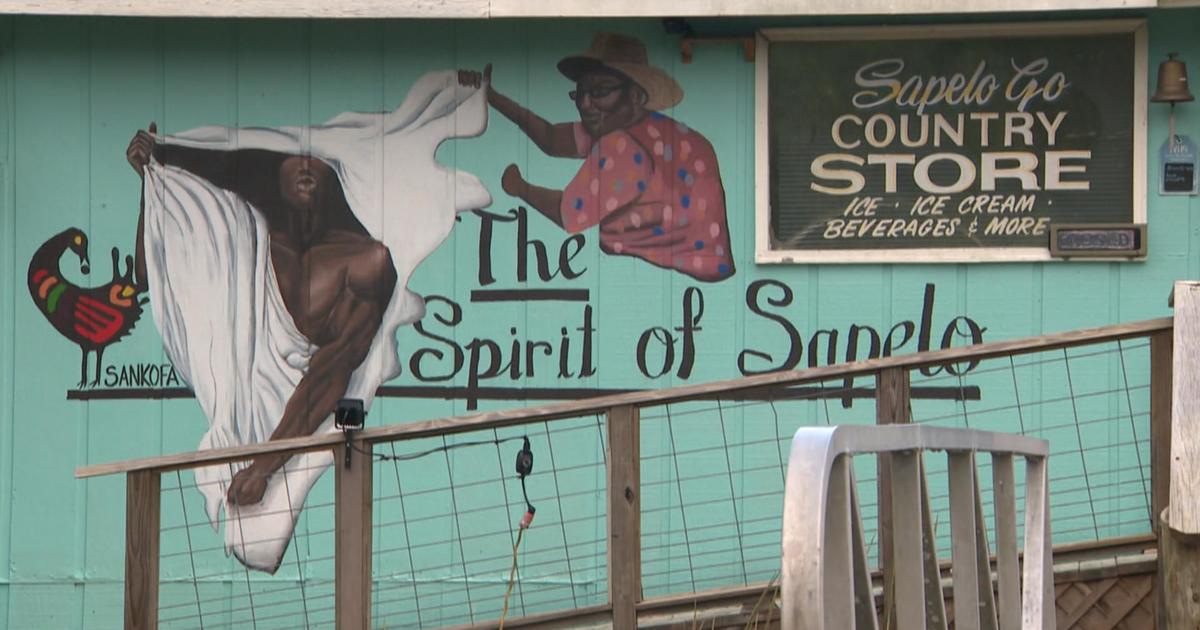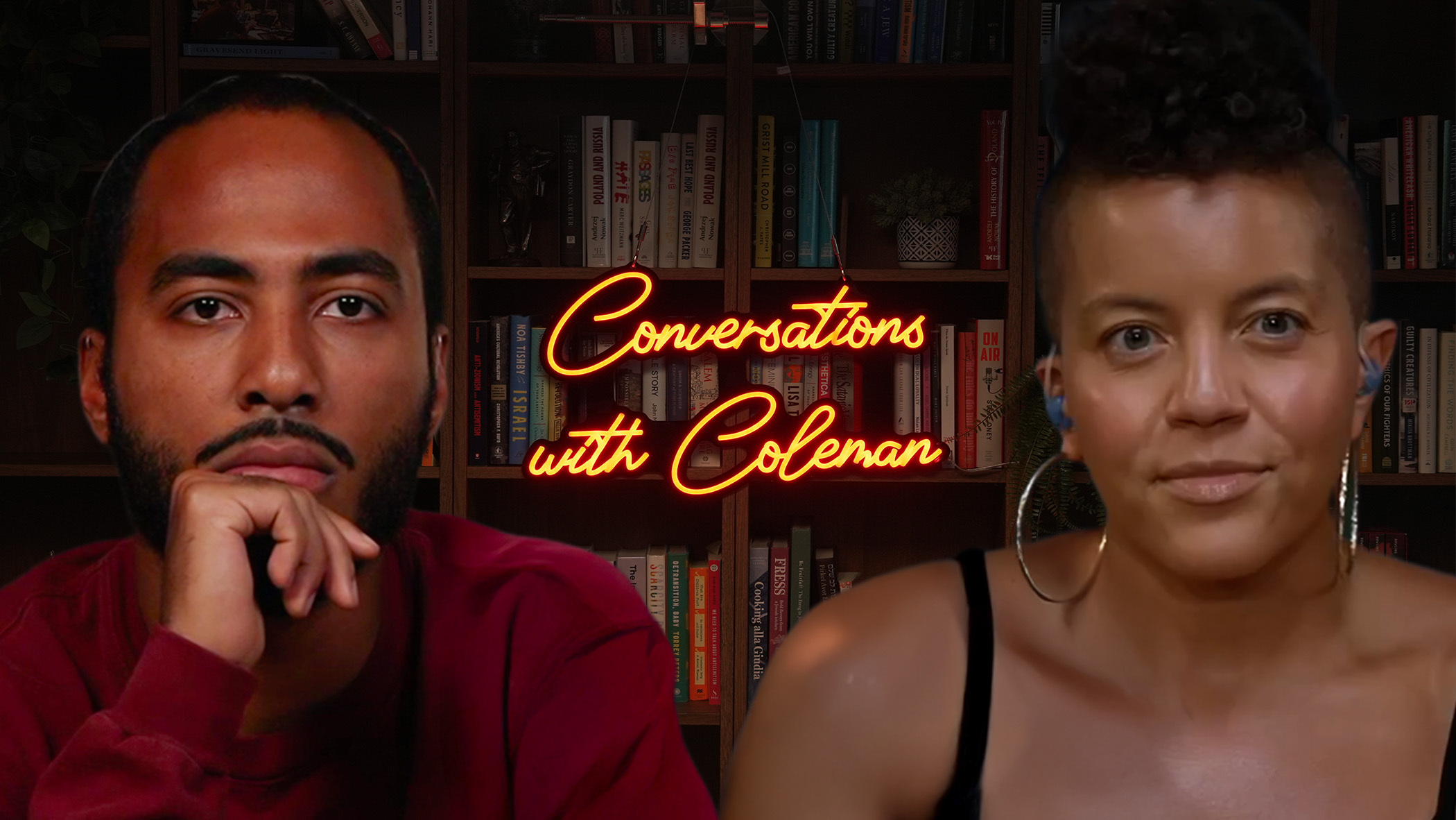Pete Buttigieg focuses on appealing to black voters in swing through South
Pete Buttigieg returned to the Carolinas days after Thanksgiving, in part to confront a persistent problem for some Democratic presidential candidates this primary cycle: appealing to black voters.
In an interview with CBS News Sunday evening, Buttigieg said that this trip, through South Carolina, North Carolina and Alabama is part of an ongoing effort to boost his name identification, which is what he believes is a major obstacle with black voters. In South Carolina, approximately 60% of the Democratic primary electorate consists of African-American voters. Buttigieg said this voting bloc has been cast aside by both political parties.
"A big part of our our Southern swing this week is to make sure that we're engaging with African American voters who have often felt not only kicked around by the Republican Party but sometimes taken for granted by the Democratic Party."
In South Carolina, a crucial test of candidates' support among African Americans, former Vice President Joe Biden remains the runaway front-runner. One big question is whether Biden, who enjoys universal name recognition, can continue to count on black support South Carolina, especially if he comes up short in early contests like Iowa and New Hampshire.
What's not in dispute is how important black voters are in the Democratic primary. In 2008 and 2016, the eventual Democratic nominee won a majority of the black vote in the primaries.
A Quinnipiac University poll released earlier this month showed the South Bend mayor has a lot of work to do to raise his standing with black voters in South Carolina. The poll showed that 60% of likely primary voters hadn't yet heard of Buttigieg, and moreover, he registered at less than 1% with black voters in the Palmetto State. Nationally, Buttigieg attracted 4% support from black voters in another recent Quinnipiac poll.
Despite his low numbers so far, the millennial mayor says his campaign is "accelerating" its strategy on engagement with black voters. During this trip, that outreach includes a visit to one of the poorest counties in the state and a tour of historically black South Carolina State University.
"We've known that it's important to engage communities of color throughout this campaign, but having more resources and more folks on the ground — but also more of my time — go into ensuring that we do this engagement, I think is the right thing to do," he told CBS News in an interview Sunday.
The Buttigieg campaign rapidly scaled up its operation in Iowa and New Hampshire after strong second-quarter fundraising but was slower to hire senior staff in South Carolina. A state communications director, political director, and deputy political director came on board earlier this month.
The campaign has also brought local South Bend leaders to South Carolina in his past two trips to the state. In October, Indiana State Director Arielle Brandy attended events in Rock Hill. On this trip, South Bend Councilwoman Sharon McBride accompanied Buttigieg in North Charleston at an event focused on the need for a higher minimum wage and improving workers' rights.
McBride told CBS News she may be on the trail "a little bit more" in the future but said that she is not part of Buttigieg's campaign. She also responded to criticism that he's received from other African-American leaders in South Bend on his record with black communities in the city.
"I think you have a small number of people from what I have seen that spoke out, and they're telling their truth, what they believe to be true," McBride said, claiming that Buttigieg was re-elected mayor in 2015 in part because of minority support in the city. Buttigieg has also made the same claim, telling CNN earlier this month "the black voters who know me best returned me to office and supported me more the second time around than the first."
McBride also said that once voters get to "know" Buttigieg, they will be "getting those direct answers and not just plugs that's coming from someone off the TV."
Politifact recently looked into the statement on Buttigieg's re-election and found that the data is "limited and imperfect," among other reasons, because Indiana doesn't track race as part of its voter file. There are also no exit polls in municipal elections, one South Bend political science professor pointed out.
It also bears noting that this is a very small universe of voters. There were a total of 10,774 votes cast for the South Bend Democratic primary for the mayor's race in 2015, and Buttigieg won overwhelmingly with 8,369 votes. (In heavily Democratic South Bend, the winner of the Democratic primary is generally expected to win the general election. There were a total of 650 votes cast for the sole candidate in the Republican primary.) A little over a quarter of the city's residents are black.
Buttigieg's South Carolina communications director, Lauren Brown, says the team is aware of the need to raise the candidate's name recognition among black voters throughout the state — a message that Buttigieg and the campaign have repeated on the trail. Earlier this month, the campaign announced a $2 million dollar investment in media ad buys in South Carolina. The campaign has already rolled out a statewide radio ad and will start airing this television ad in the state this week:
Brown noted that Buttigieg has received more negative attention for his inability to appeal to coalitions of African-American voters because he's seen a continued rise in polls.
"No one's asking where the Booker or Klobuchar black voters are. They're just not," Brown said. "There are a lot of candidates who have to make inroads in the African American community — especially in South Carolina — because as you mentioned, not only are we not a monolith, we're not a geographical monolith."
In the Quinnipiac South Carolina primary poll, New Jersey Senator Cory Booker received 2% support from black voters and Minnesota Senator Amy Klobuchar received 0% support.
Charleston County Democratic Party chair Colleen Condon observed that Buttigieg's team is the most organized in the southern coastal region of the state known as the "Lowcountry," because of a strategy based on building personal networks. Buttigieg's campaign currently has 40 paid staffers and four field offices across the state. (Vermont Senator Bernie Sanders has the largest presence in the state with more than 60 paid staffers.)
"If there are other teams that have as many employees, I don't know it because it just truly feels like the Pete team is absolutely everywhere in the Lowcountry and staying on the ball," said Condon. She also added that the need to spend time in the state is a reality for all candidates and that even the support of perceived front-runners is "soft."
"They all have an option and this is where they're going to have their first chance to prove that they can really connect with African American voters. They've got three months."





